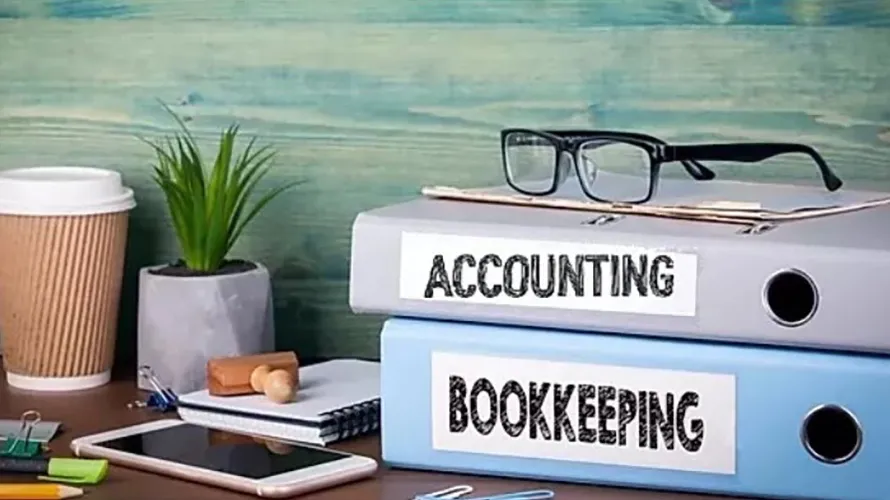The Theory of Bookkeeping
The most important thing great bookkeepers understand is not the particular process they’re supposed to follow or the mechanics of accounting software-it’s the reason for following the process. Knowledge of the theories underpinning sound accounting practices. Anyone can learn QuickBooks, but a good bookkeeper understands why it works.
For example, suppose your company’s standing order for office supplies goes missing in the mail. Your supplier promises you a refund, but it will likely take several months to process. In the meantime, you send a gopher to the local office supply store to tide you over. How should you track this information as a bookkeeper? Learning QuickBooks will only help you keep track of everyday revenue and expenses. To deal with surprises, you need to learn the theory.
General Business Knowledge
Knowing the tools of the trade is important, but a good bookkeeper also needs to have a solid understanding of business fundamentals, both generally and in terms of the specific business he or she works at. For example, a bookkeeper should know how his business typically bills clients and how clients typically pay. Does money come in only after a project is completed, or do clients pay on a monthly or weekly basis? Are there any unusual or sporadic revenue streams or expenses? Without a strong working knowledge of these practices, a bookkeeper will be lost.
Recommended for you
-
Business and Accounting
CCI Training Center’s Business & Accounting program is 100% online, making it ideal for those with additional professional and personal responsibilities.
Detecting Fraud and Abuse
Expertise in software like QuickBooks won’t do anything to help you detect fraud or abuse. If someone is stealing money from your business, they’ll probably have some way of covering their tracks. Embezzlers can often disguise their theft by inflating legitimate business expenses or minimizing incoming revenue. If all you know is how to punch numbers into QuickBooks, you won’t be able to detect this kind of fraud. Instead, you need to understand general business practices well enough to spot suspicious activity. For example, you need to know what normal expense sheets from account executives look like so you can compare and contrast and identify suspicious reports.
Great Communication Skills
Last but not least, a great bookkeeper needs great communication skills. Surveys of business owners show that communication skills are the most important things they look for in prospective employees, but communication is especially important for bookkeepers. Most employees at a business don’t really understand bookkeeping, so you need to be able to clearly explain your procedures and the rationales for those procedures. You may also need to communicate with clients or customers to clear up any potential misunderstandings. Again, this requires great communication skills.
Learning QuickBooks is important, but it’s not enough. If you want to be a great bookkeeper and add value to your company or enterprise, you need to develop deep knowledge in several different areas.












